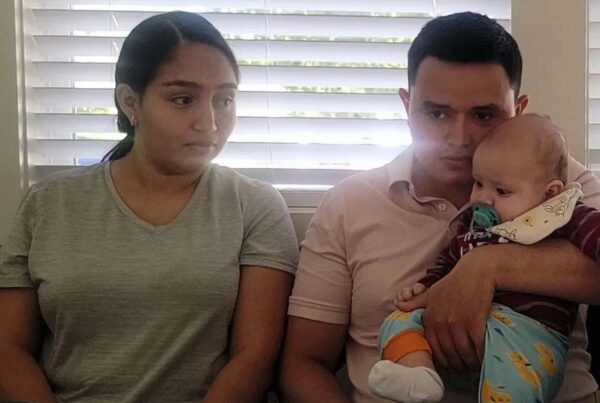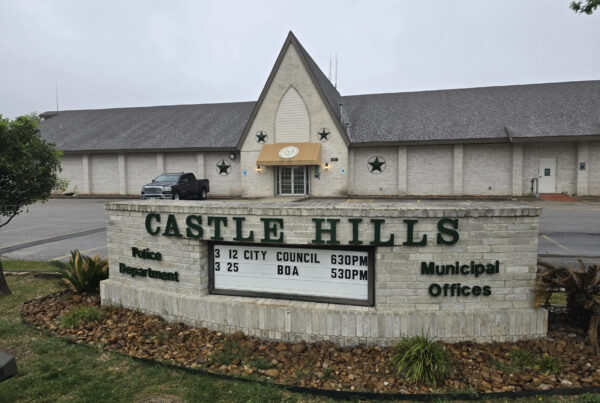In parts of the Houston area, those who call the police and expect a Houston Police Department cruiser to pull up might be surprised by who responds — not a Houston police officer or deputy sheriff from the county, but instead a contract deputy that works for the local constable precinct.
The contract deputy program was designed to ensure fast response times and constant police visibility for neighborhoods willing to cover most of the cost of hiring contract deputies for their communities.
But Harris County officials are increasingly concerned that the resources put into such programs could be or should be better spent.
Mike Morris, an investigative reporter at the Houston Chronicle, said sometimes residents in areas covered by constables bypass calling the cops all together and call the constable’s office directly.
Harris County has a unique model for constable deputies that has been replicated on a smaller scale by other counties near Houston.
“Essentially, they are on-duty county employees. So there are eight constables in Harris County. Seven of them oversee contracts. Most of those contracts are in the north and west suburban areas,” Morris said. “The sheriff also offers contracts. But constables for decades have dominated the program. They have two thirds of the contracts out there. There are roughly 1,200 contract deputies. 850 of them work for constables.”
Harris Country’s unique constable program dates back to the 1970s.
“Harris County is a huge outlier in the way that the constables operate here and have for decades,” Morris said. “The root of this is really in the ’70s and ’80s when Harris County leaders failed to adequately plan for suburban growth. Residents moved into these outlying subdivisions and got burglarized repeatedly. The sheriff wasn’t fast enough to help. The county hadn’t staffed up sufficiently. So they leaned into this contract deputy program.”
Rather than expand the sheriff’s department, the county expanded the constable contract deputy system, Morris said.
“They took resources that would have gone to the sheriff and gave them to the constables,” Morris said. “And by the time county leaders said, ‘well, hold on, maybe we’ve created a bit of a fragmented system,’ in essence, it was politically too late because the neighborhoods served by contract deputies feel that they are served very well. And so they would rush downtown to oppose any mention of changing this system that the county created.”
Morris said the issue is not in the areas that the constables are contracted to serve, but the areas that can’t afford a contract.
“The concern that researchers, criminologists, and other experts on policing have raised for decades is that if you provide top notch service primarily to areas that can afford it, then it leaves areas that cannot afford that special service farther behind,” Morris said.
“The constables say that their patrols deter crime where there are contract patrols and that they handle a lot of calls that then free up Houston police and sheriff’s deputies to handle the remaining calls. But again, for decades, researchers, academics, and others have looked at this and said that privatizing some policing functions for those who can afford it is not the best system the county should be employing.”
The political dynamic that has prevented the county from changing this system has been going strong for decades, Morris said.
“There was a big fight in 1985 where the commissioners at that time considered consolidating policing functions under the sheriff and returning constables to the role that they have in most Texas counties, which is guarding courtrooms and serving civil papers and court papers,” he said. “At that time, there were a little more than 100 contract deputies, and today there are more than 800.”
Changing the system — or even how the system is funded — would be an uphill battle, Morris said.
“Even changing the rate that neighborhoods pay for their contract deputies (would be a challenge),” he said. “The neighborhoods don’t pay the full cost of the deputy’s salary, benefits, car fuel, maintenance, etc. Typically they pay 70% and all county taxpayers, including those who can’t afford to pay their own extra or contract deputy patrol price, make up that other 30%.
The theory is that the deputies spend 30% of their time patrolling outside the area, but no county administrator tracks whether that happens.”

















